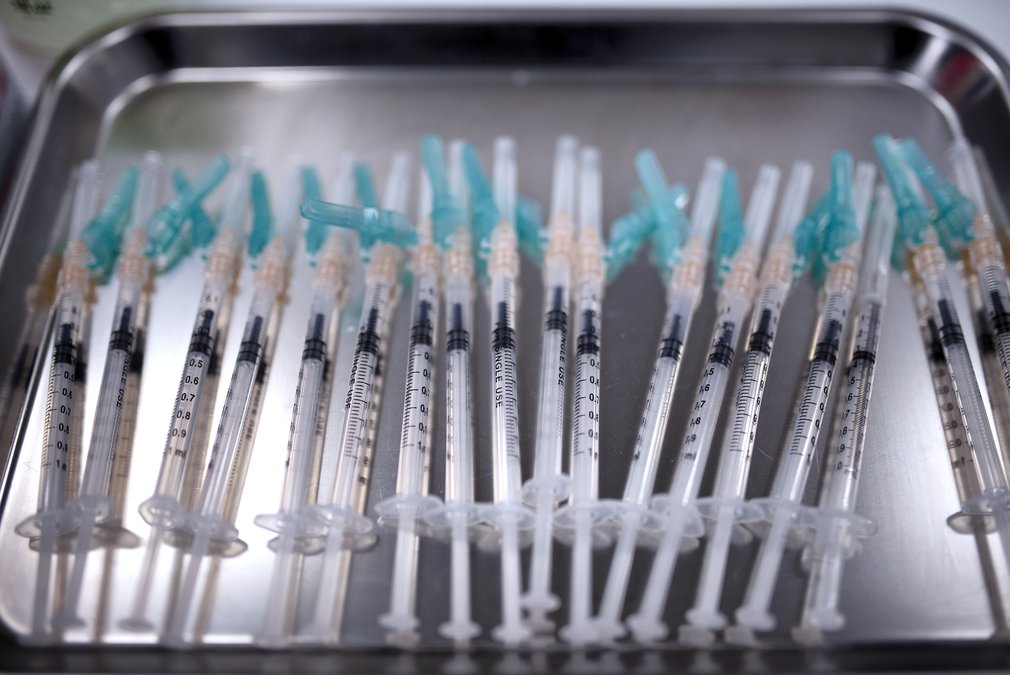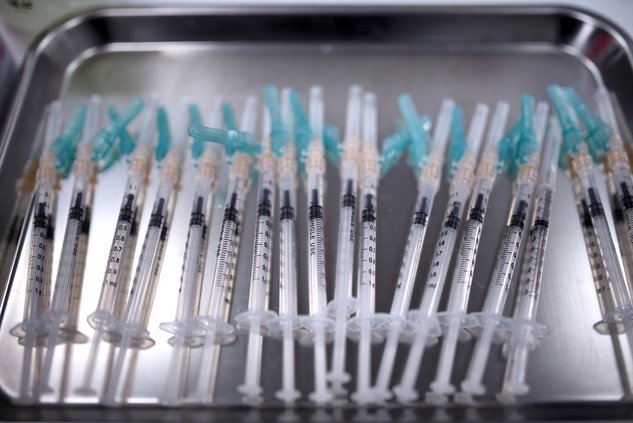The Northeast Georgia Health System is sponsoring coverage directly related to public safety so that it can be made available free to non-subscribers as a public service. News coverage is independently reported. We know that you need accurate and up-to-date information about the effects of the coronavirus in the state and our region. Please consider supporting our work by subscribing to The Times.
The University of North Georgia hosted a town hall meeting Thursday, April 22, that tackled some of the common misconceptions and concerns around the COVID-19 vaccine.
The presentation by biology professor Dr. Miriam Segura-Totten at the Gainesville campus was the final of four town halls hosted this week across the UNG campuses with elements including the mRNA vaccine history and the recent pause of the Johnson & Johnson vaccine. Segura-Totten's areas of expertise include cell biology and molecular biology.
Segura-Totten said the mRNA will never interact with your DNA, a common concern that she herself has been asked.
“The other thing is that mRNA itself is very unstable, so within a few hours it’s going to be destroyed by our body,” Segura-Totten said.
The professor discussed the ingredients that are listed in these vaccines and dispelled myths that they include formaldehyde, aluminum or mercury.
Regarding the speed at which the vaccine was developed, Segura-Totten said the history of mRNA vaccines began in the 1970s, but researchers have only been able to apply the technology recently in this capacity.
“The companies also started manufacturing the vaccines before the trials ended,” the professor said. “Normally, a company is not going to sink money into a vaccine without knowing that it’s going to work first.”
Some companies received financial assistance through Operation Warp Speed, which began during former President Donald Trump’s administration, and dozens of companies were working toward a treatment.
The Food and Drug Administration granted emergency use authorization for Pfizer and Moderna in December.
“If you feel sick after the vaccine, congratulations,” Segura-Totten said. “Your body is actually doing its job. There’s an inflammatory response that happens in your body after you get the shot, and that means your immune system is being activated.”
Segura-Totten also addressed the reasons to get the vaccine for those who have had COVID-19 or are in an age group that is less likely to have serious illness.
The professor said we currently do not know how long natural immunity to COVID-19 will last or what the long-term effects might be.
“The thing about getting vaccinated and why anyone who can really ought to get vaccinated is because we’re in a race against time,” Segura-Totten said about the concern about variants of the virus developing. “I said that viruses are non-living things, because they cannot live outside our cells. But guess what? They love to live inside our cells.”
The professor said it may be possible that we might need annual COVID-19 vaccines because the mutation rate for the virus is about the same as the flu virus, but there is still more information to be gathered on what the future may hold.
The (Centers for Disease Control and Prevention) and FDA said earlier this month they were investigating unusual clots in six women that occurred six to 13 days after administration of the Johnson & Johnson vaccine.
The clots occurred in veins that drain blood from the brain and occurred together with low platelets. All six cases were in women between the ages of 18 and 48, but none of them occurred in Georgia, according to the Georgia Department of Public Health.
Segura-Totten pointed out that there were more than 6.8 million doses of the Johnson & Johnson vaccine administered with few reporting complications.

